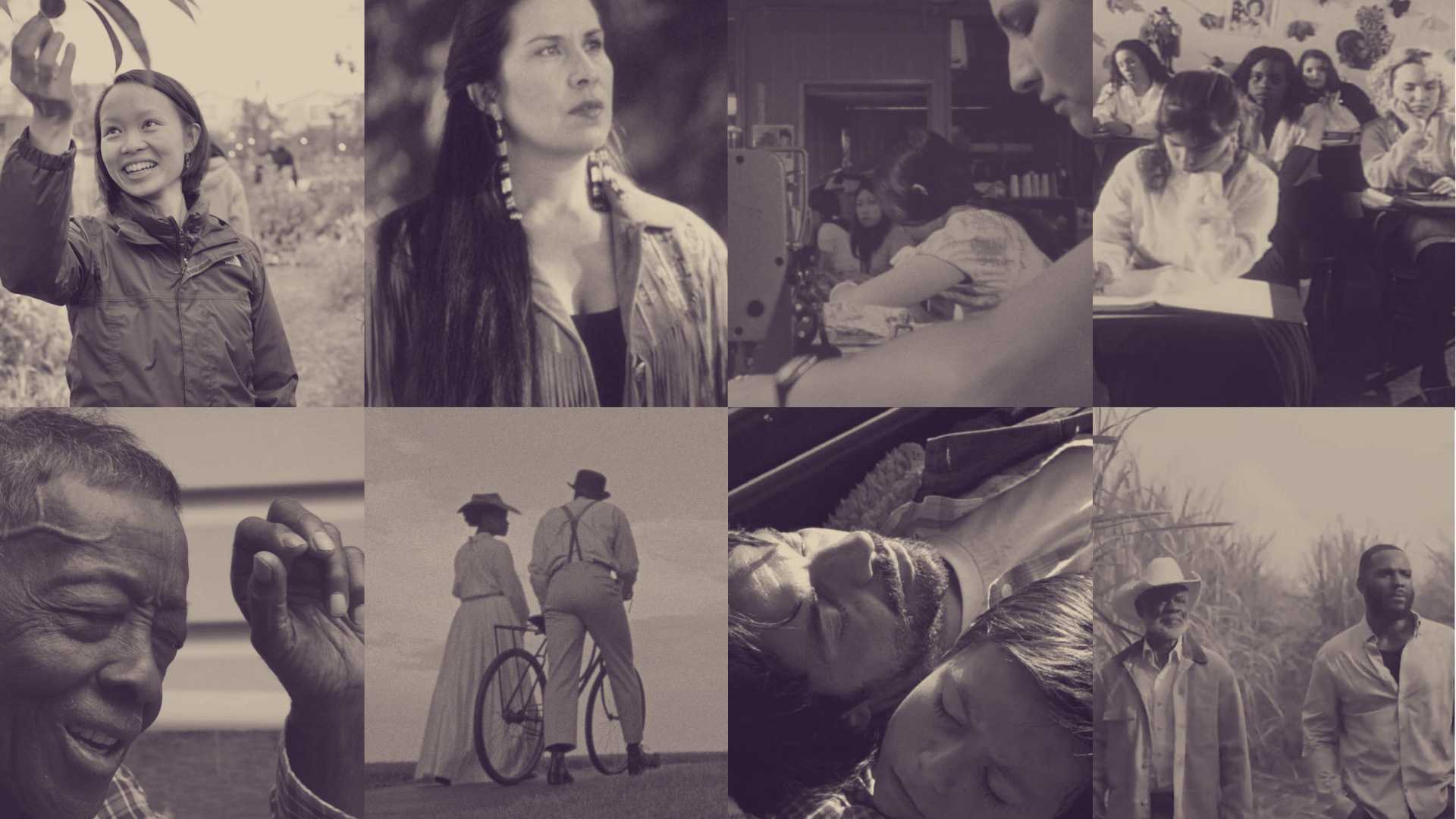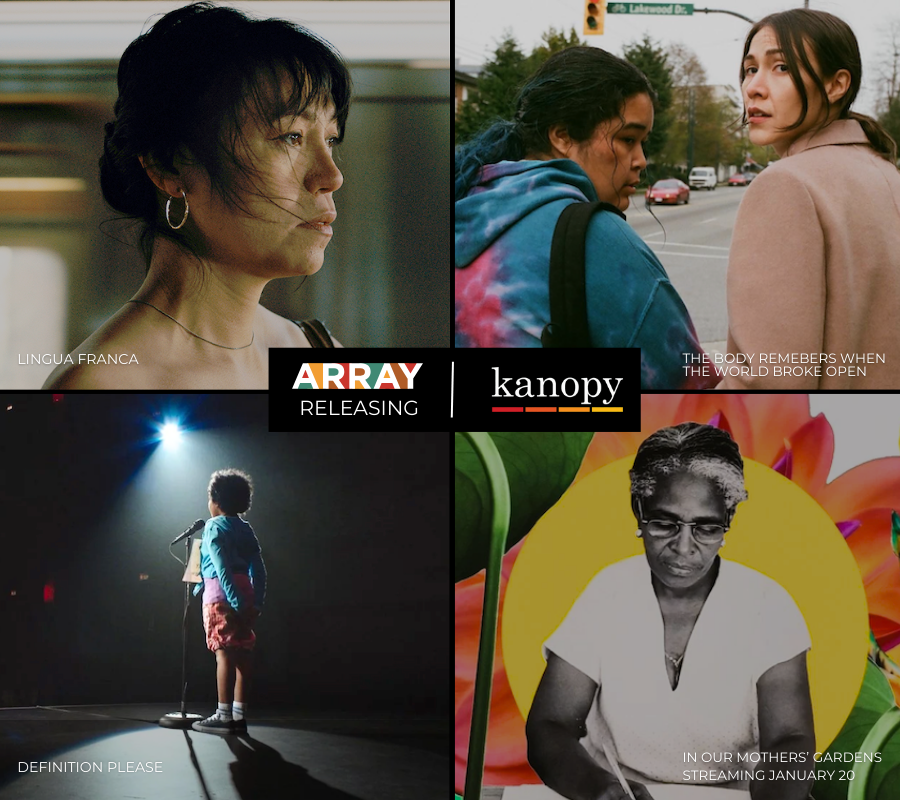Lingua Franca, Isabel Sandoval’s third feature that’s premiering this week on Netflix, is the rare sort of film that upends your expectations without being even a little bit smug about it. At first glance, the film seems like it might be a relatively straightforward romantic indie-drama: Olivia (Sandoval), an undocumented Filipina transgender woman, spends her days in Brighton Beach working as a caregiver for an aging Russian woman named Olga (Lynn Cohen) and trying to find an American man who’s willing to accept cash to marry her for a green card. When Alex (Eamon Farren), Olga’s bad-boy slaughterhouse-worker grandson, moves in with the two women, Olivia begins to fantasize about and then fall for him, despite an increasing sense of unease about his intentions and implicit prejudices. But Sandoval isn’t interested in revisiting tropes about bigoted cisgender men grappling with their feelings for transgender women, or in limiting the very real horrors of present-day immigration in the United States to a mere backdrop. Lingua Franca is highly specific and yoked to the current moment, unfolding into a moody, nuanced, and often erotic film about finding sexual liberty, identity, and a sense of personal dignity while living in the grips of fear in Trump’s America.

Sandoval — who wrote Lingua Franca, directed it, produced it, edited it, and stars in it — shot her first two features in the Philippines to critical acclaim and international film-festival recognition; this marks her first primarily English-language feature, shot in the U.S. and backed by Ava DuVernay’s ARRAY, as well as the first film made after her own gender transition. For these reasons, as Sandoval puts it, Lingua Franca “feels like my first film.” Watching it, and listening to Sandoval speak about it, you get the sense that she’s someone who’s work we’ll be paying attention to for a very long time. I caught up with her via phone just as the film premiered for a refreshingly candid conversation about the challenges and on-set tensions of making a deeply personal work in an industry that underestimates filmmakers of color, how the script evolved after Trump’s election, and the double-edged sword of being marketed as a “transgender Filipina filmmaker.”





